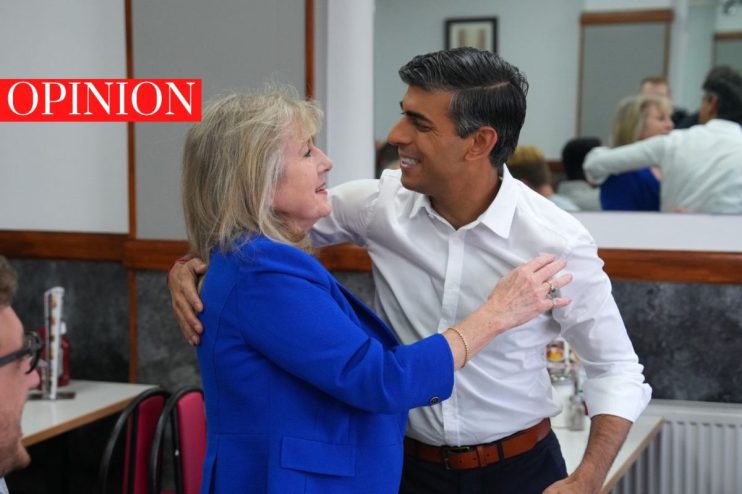LinkedIn ‘influencers’ could sway votes – just not the way they were hoping to

LinkedIn creators looking for validation in their politics might just learn the hard lessons of Brexit – sometimes it can push people into the open arms of the opposite camp, writes Michael Martins.
LinkedIn 2023 has started to look suspiciously like Twitter in 2016. Although Westminster does not spend nearly as much time on LinkedIn as it does on Twitter (probably because they don’t know that Snoop Dogg recently joined and often responds to comments), the platform has become a part of the long-haul general election campaign in an unexpected way: via the LinkedIn Creator.
Following the pandemic, lockdowns, and amplified by the Musk-takeover of Twitter, LinkedIn has started to look a little bit more like Twitter, as people’s platform habits change. Although there is the standard fare of “such a humbling experience to do this great thing for my CV”, there is also a large cohort of so-called LinkedIn Creators i.e., people that have succeeded either in business or in amassing followers, who have the platform’s microphones and try to shape opinion in their own image.
And so, after the Conservatives’ victory in July’s Uxbridge by-election, where the party also managed to find a likely election wedge issue in the form of opposition to “green” policies, many of the LinkedIn Creator crowd seemed to think that a thoughtful, critical, and hyperlink-infused (read: long) post would have the potential to determine the next election result.
This is, and was, surprising. For such a professional platform, there was a fairly large number of people posting critical views of an election result and subsequent policy pivot, even if some of their companies and bosses likely held less firm political views. Even more surprising, though, was the feeling that some of these intellectuals seemed to have missed a key takeaway from the Brexit referendum: the loudest critics usually just help to propagate a campaign message they disagree with and, often through their own passionately held beliefs, end up alienating more people in the debate than they convince. A net positive if you’re the one being criticised, which in this case, would be the Conservative party.
LinkedIn is obviously different to Twitter. For most people on it, there is an incentive towards moderation or at least self-control, hence why most of the loudest Creators tend to also be their own boss. But other key differences matter, too.
Firstly, there is little balancing voice on LinkedIn – it is less a forum for debate and more a place to post and try to last on people’s newsfeed for as long as possible. The algorithm determines what you see based on a post’s interaction with its followers, so the more likes, the more eyes, and the longer the post stays in people’s feeds.
Secondly, there is a “show more” barrier that blocks most of a long post, meaning that readers’ eyes are generally only exposed to the headline the Creator is seeking to dismantle.
Thirdly, for much of the media and political bubble, LinkedIn is just an afterthought, so there is little curatorial or editorial pushback. And finally, only the truly brave tend to post very critical comments to political or media posts, leading to a “zealot” bias, again making some things seem sensible as the loudest critics often leave little room for nuance amongst the undecideds.
Given these differences, it is not without a dollop of irony that some of the current government’s loudest Creator critics on LinkedIn are shaping the low-level corporate debate, but likely in a way that detracts from their aims. As a non-driver, I didn’t know the ULEZ price was £12.50 until a LinkedIn Creator pointed it out, for example.
So, while Twitter is probably not yet tired of experts in this long-haul election campaign, many of LinkedIn’s Creators should probably think twice about clicking post. They could end up amplifying and extending a debate about whether the UK will achieve its net zero goals because ULEZ expansion might affect 8.7 per cent percent of cars in London, roughly 0.6 per cent of the UK’s total (the new £350m a week for the NHS, some might say). So as good as it might feel to let the feelings out, Creators, you may end up doing your policy opponent’s bidding in the process. Consider yourself warned – feel free to like and repost.
